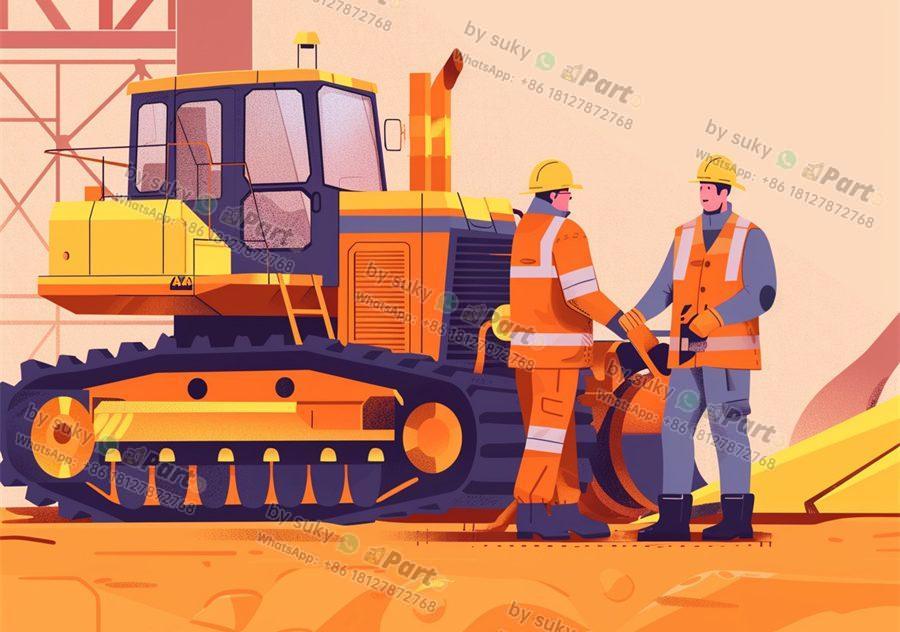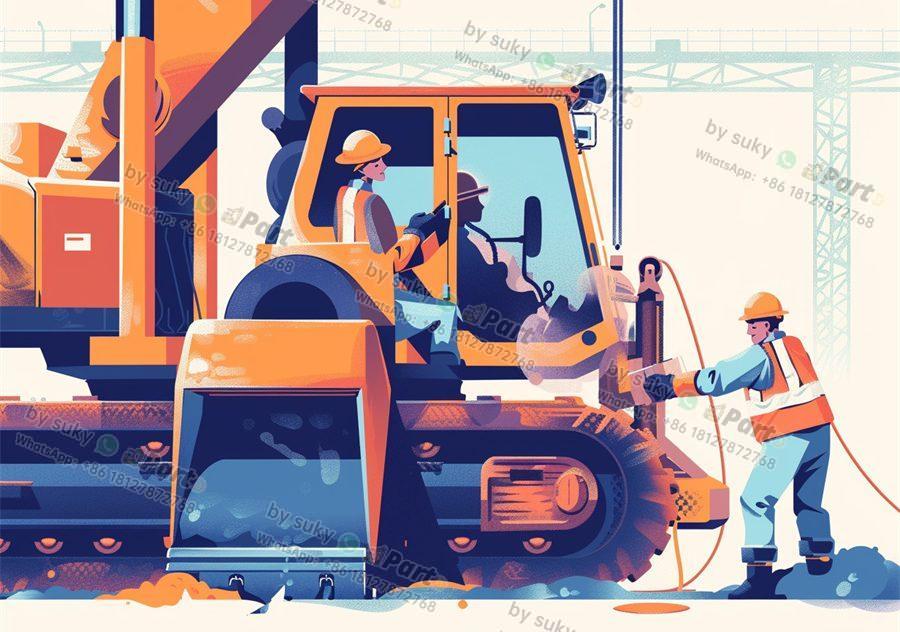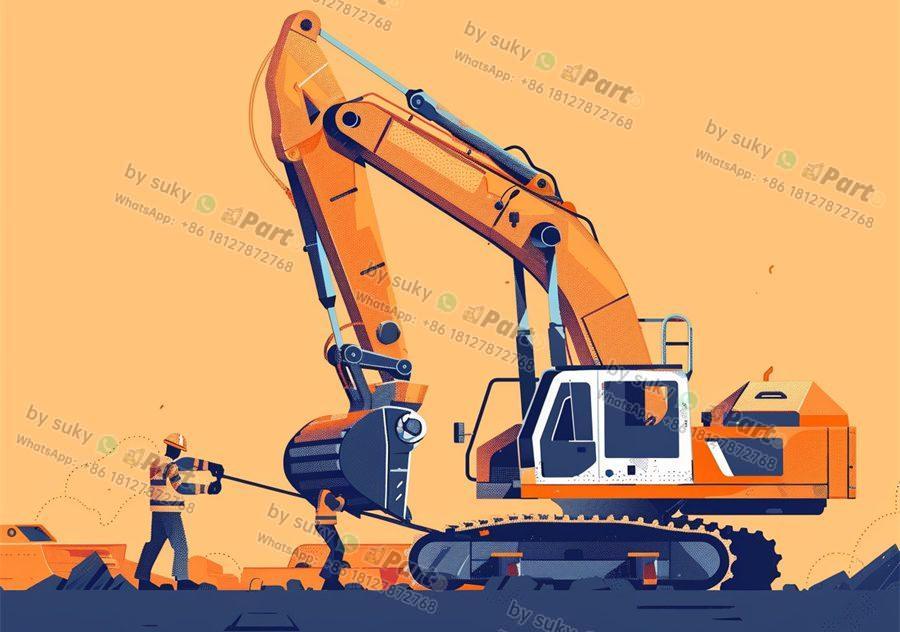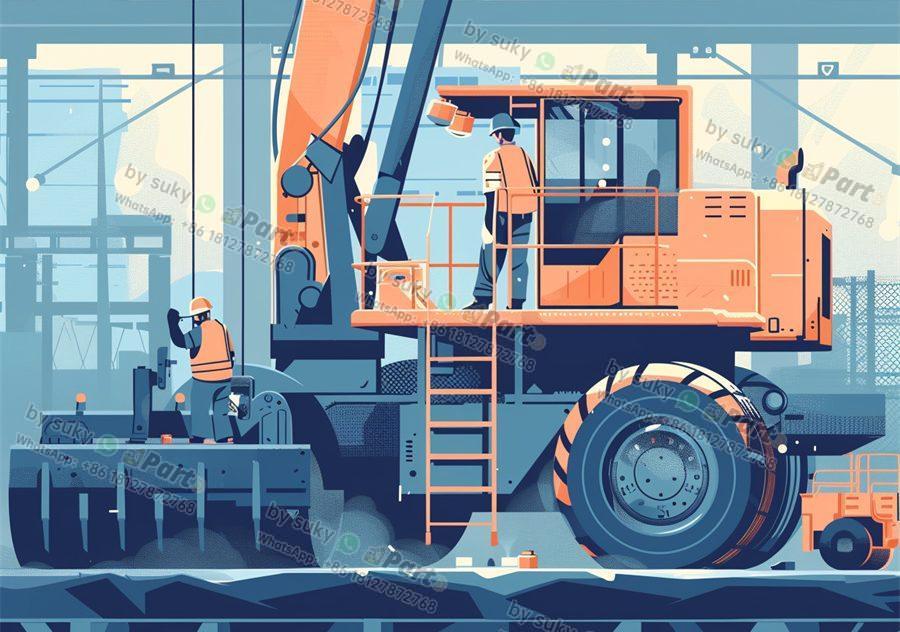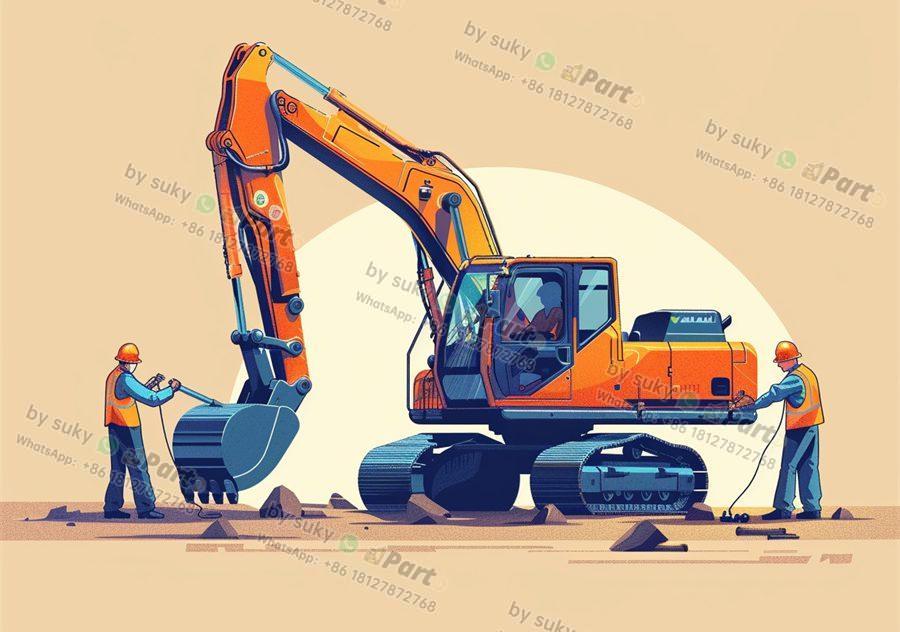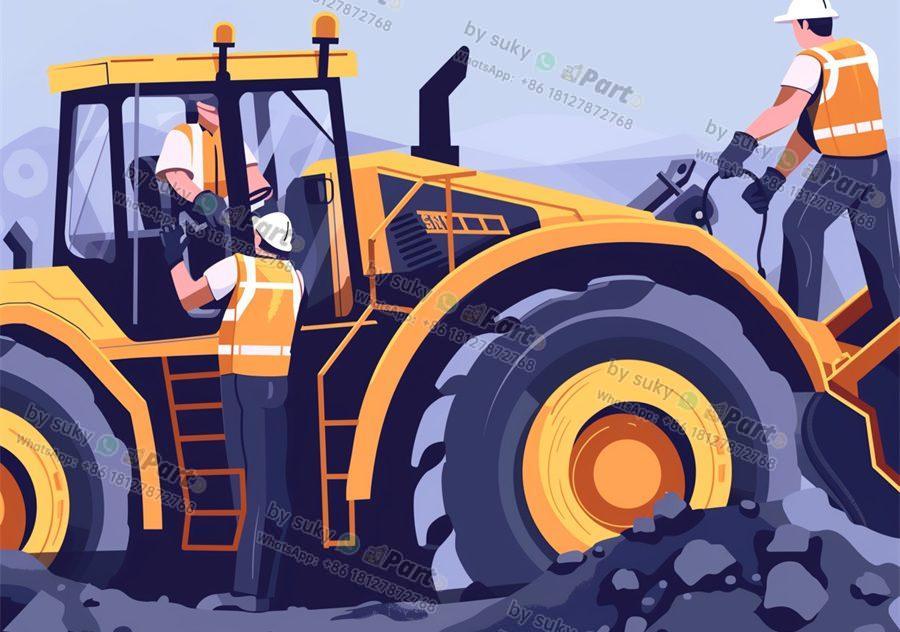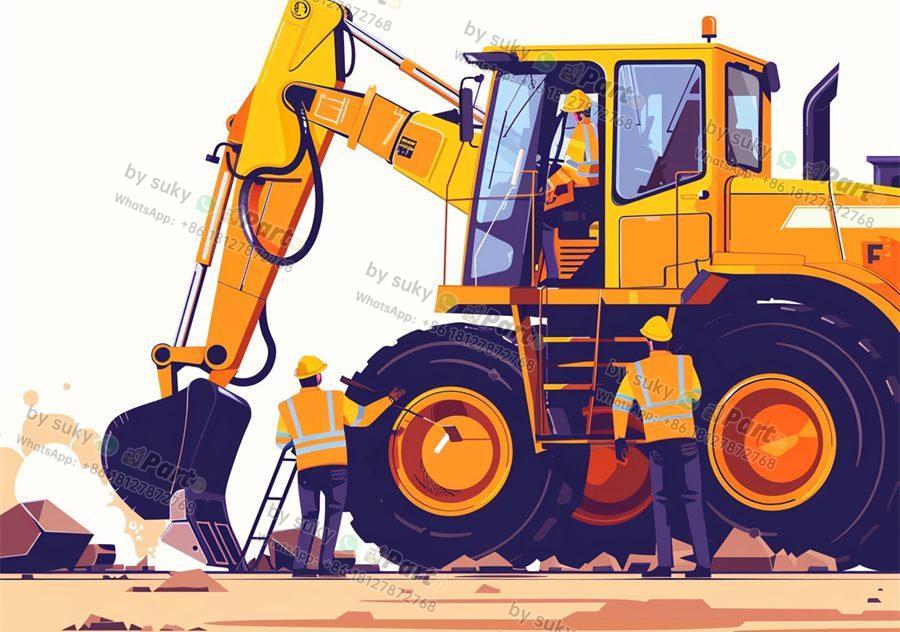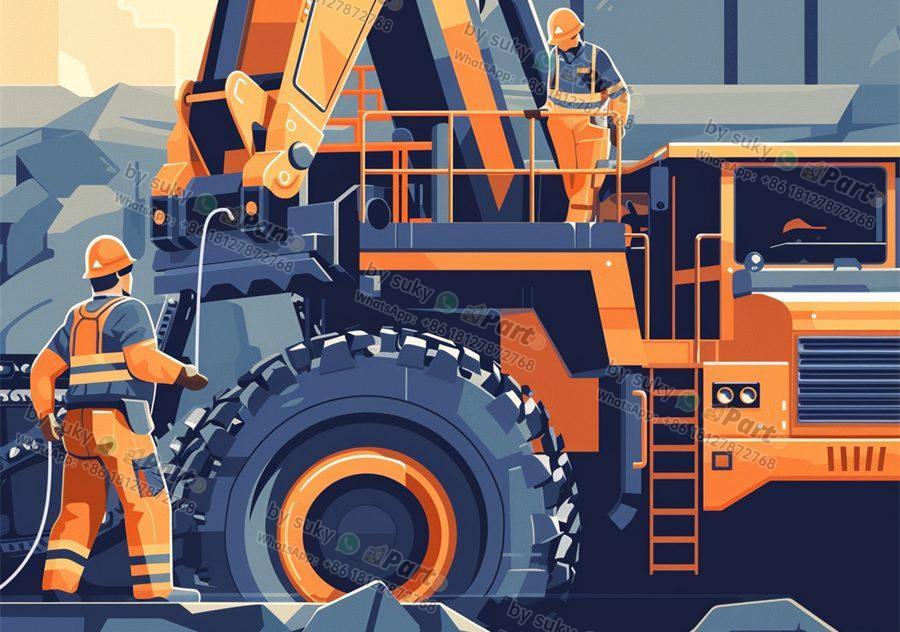Excavator Kobelco is a well-known brand in the construction industry, known for its durability and efficiency. However, like any heavy machinery, excavators occasionally require spare parts to maintain peak performance. For importers and distributors of construction vehicle parts, understanding the pricing of spare parts for Kobelco excavators is crucial for maintaining a competitive edge. In this article, we will explore the factors that influence the pricing of spare parts for Kobelco excavators and provide insights for importers and distributors.
Factors Affecting Pricing of Kobelco Excavator Spare Parts
The pricing of spare parts for Kobelco excavators can vary depending on a variety of factors. One of the main factors is the quality of the part itself. OEM (Original Equipment Manufacturer) parts are typically more expensive than aftermarket parts, but they offer better compatibility and reliability. Importers and distributors should consider the quality of the spare parts they are sourcing to ensure customer satisfaction.
Another factor that can influence the pricing of Kobelco excavator spare parts is the availability of the part. Parts that are in high demand or are difficult to manufacture may be priced higher than more common parts. Importers and distributors should keep track of market trends and demand for specific spare parts to anticipate pricing fluctuations.
Additionally, the cost of transportation and import duties can also impact the pricing of Kobelco excavator spare parts. Importers should factor in these costs when pricing their products to ensure they remain competitive in the market. Working closely with reliable logistics partners can help minimize transportation costs and streamline the import process.
Strategies for Importers and Distributors
To stay competitive in the market for Kobelco excavator spare parts, importers and distributors should consider implementing a few key strategies. Firstly, building strong relationships with suppliers can help secure better pricing and access to exclusive deals. By fostering partnerships with reputable suppliers, importers can ensure a steady supply of high-quality spare parts at competitive prices.
Furthermore, investing in inventory management software can help importers and distributors optimize their stock levels and monitor demand for specific parts. By accurately forecasting demand and managing inventory effectively, importers can reduce carrying costs and minimize the risk of overstocking or stock shortages.
In conclusion, understanding the pricing of spare parts for Kobelco excavators is essential for importers and distributors in the construction vehicle parts industry. By considering factors such as part quality, availability, transportation costs, and market demand, importers can effectively price their products and maintain a competitive edge. By implementing strategies such as building strong supplier relationships and investing in inventory management, importers and distributors can successfully navigate the market for Kobelco excavator spare parts.

